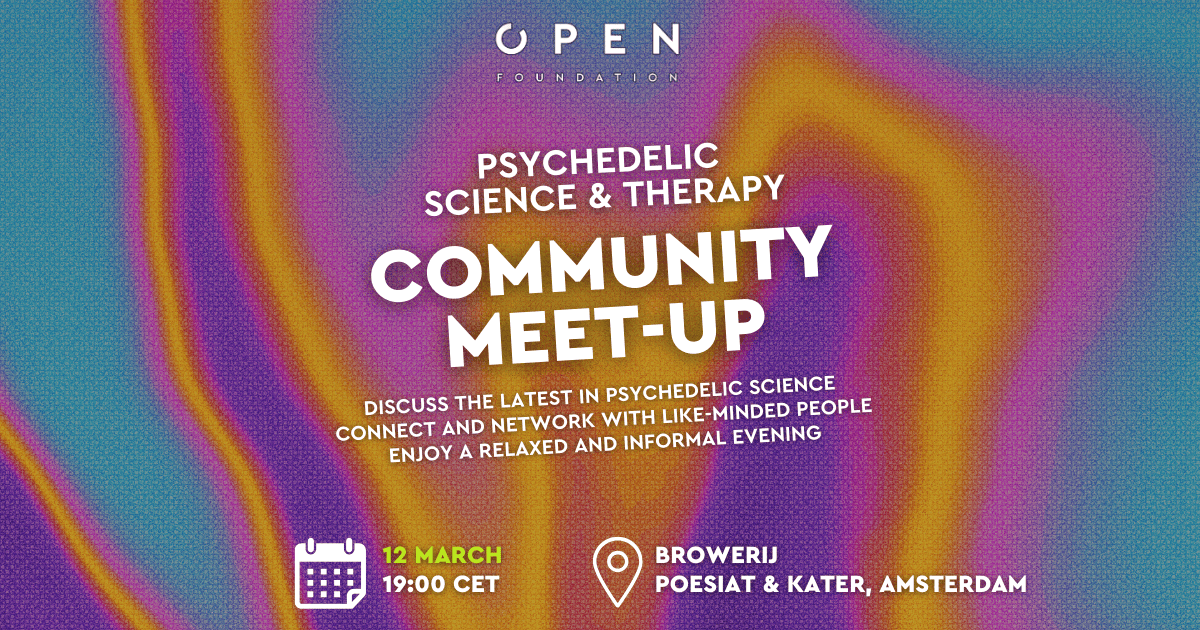Abstract
Rationale: Binocular rivalry occurs when different images are simultaneously presented to each eye. During continual viewing of this stimulus, the observer will experience repeated switches between visual awareness of the two images. Previous studies have suggested that a slow rate of perceptual switching may be associated with clinical and drug-induced psychosis.
Objectives: The objective of the study was to explore the proposed relationship between binocular rivalry switch rate and subjective changes in psychological state associated with 5-HT2A receptor activation.
Materials and methods: This study used psilocybin, the hallucinogen found naturally in Psilocybe mushrooms that had previously been found to induce psychosis-like symptoms via the 5-HT2A receptor. The effects of psilocybin (215 μg/kg) were considered alone and after pretreatment with the selective 5-HT2A antagonist ketanserin (50 mg) in ten healthy human subjects.
Results: Psilocybin significantly reduced the rate of binocular rivalry switching and increased the proportion of transitional/mixed percept experience. Pretreatment with ketanserin blocked the majority of psilocybin’s “positive” psychosis-like hallucinogenic symptoms. However, ketanserin had no influence on either the psilocybin-induced slowing of binocular rivalry or the drug’s “negative-type symptoms” associated with reduced arousal and vigilance.
Conclusions: Together, these findings link changes in binocular rivalry switching rate to subjective levels of arousal and attention. In addition, it suggests that psilocybin’s effect on binocular rivalry is unlikely to be mediated by the 5-HT2A receptor.
Carter, O. L., Hasler, F., Pettigrew, J. D., Wallis, G. M., Liu, G. B., & Vollenweider, F. X. (2007). Psilocybin links binocular rivalry switch rate to attention and subjective arousal levels in humans. Psychopharmacology, 195(3), 415-424. 10.1007/s00213-007-0930-9












